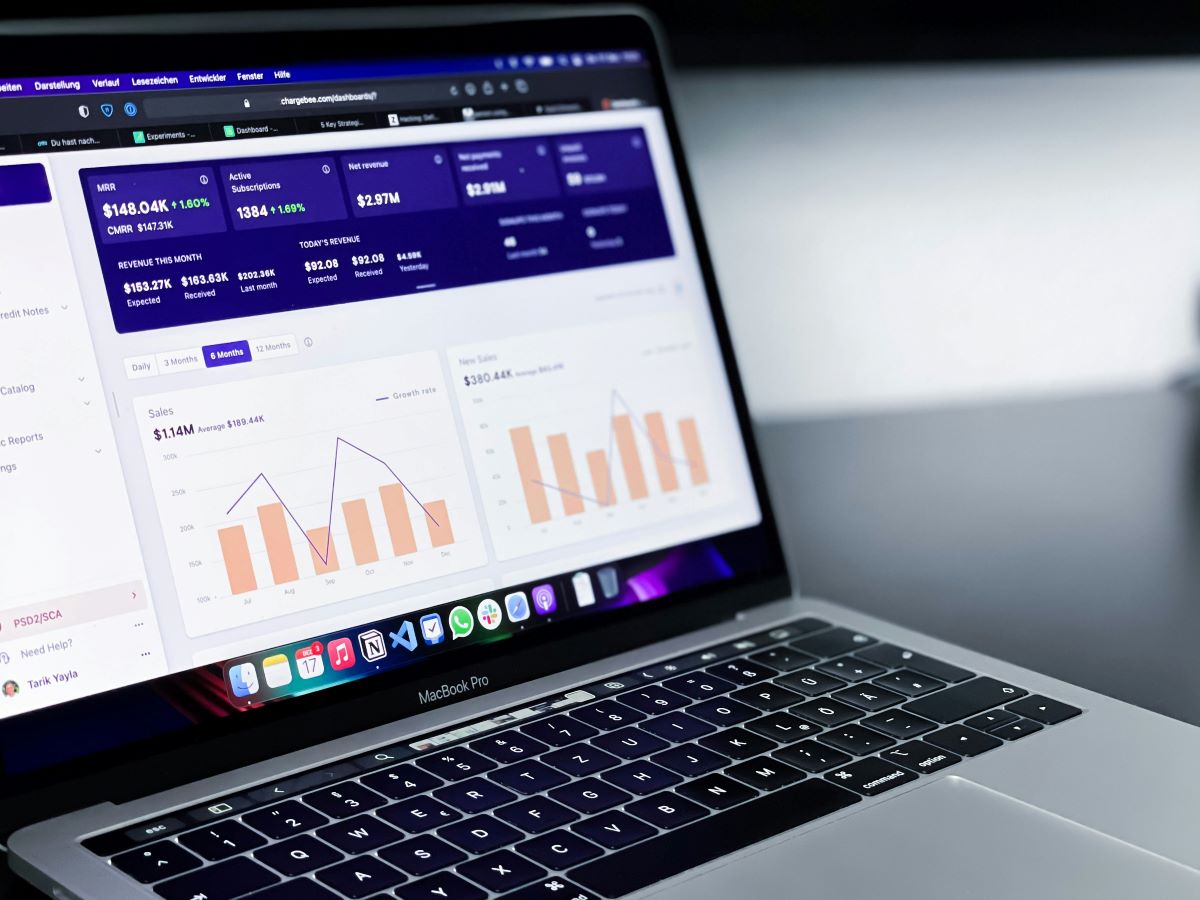How Can I Improve My Data Science Portfolio?
The field of data science is rapidly expanding, and with it, the competition for top positions in the industry. Whether you are an aspiring data scientist or a seasoned professional looking to advance your career, having a strong portfolio is essential. A well-crafted portfolio not only showcases your technical skills but also demonstrates your ability to solve real-world problems, communicate insights, and create value for businesses.
With companies increasingly looking for candidates who can hit the ground running, a standout portfolio can set you apart from the competition.
1. Focus on Quality Over Quantity
When it comes to building your data science portfolio, the old adage "quality over quantity" rings especially true. Instead of including every project you've worked on, focus on a select few that demonstrate your best work.
Start by carefully selecting projects relevant to your target positions. Quality projects should include:
- Detailed documentation
- Clear problem statements
- Well-structured code
Consider revisiting older projects to improve them. By focusing on high-quality projects, you create a more impactful portfolio.
2. Demonstrate a Variety of Skills
A successful data science portfolio should showcase your ability to work across different aspects of the field. Include projects that cover a range of skills:
- Exploratory data analysis (EDA)
- Machine learning
- Data visualization
Diversifying your projects shows potential employers that you have a well-rounded skill set.
3. Provide Detailed Documentation and Explanations
One common mistake in data science portfolios is insufficient context for the work presented. Your portfolio should narrate your problem-solving journey:
- Include a clear problem statement and objectives.
- Explain the datasets, preprocessing steps, and models used.
- Discuss the results and evaluation metrics.
Detailing your decision-making process will demonstrate your technical expertise and critical thinking abilities.
4. Incorporate Real-World Projects
Real-world projects demonstrate your ability to apply data science skills practically. Highlight contributions from past roles or consider collaborating on open-source projects or freelance work. Emphasize the impact of your work with quantifiable results.
5. Continuously Update and Maintain Your Portfolio
Your portfolio should evolve as you grow. Regularly update it with new projects and skills. Revise existing projects to reflect your growth and maintain an organized presentation.


